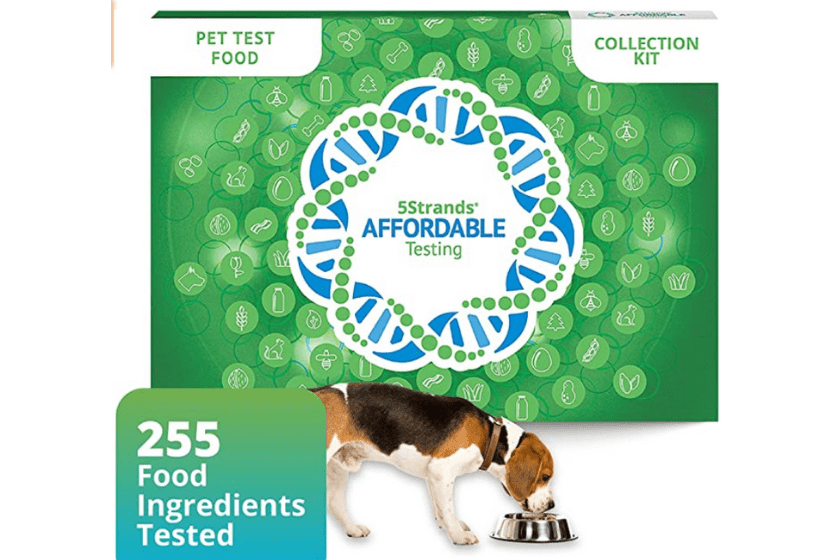People are not the only ones with food allergies. Dogs can have allergic reactions to their food too.
Maybe you have an itchy dog, or your pooch is suffering from some pretty intense gastrointestinal issues. Did you know that these symptoms, and plenty more, are signs of dog food allergies?
Food allergies have started to become a larger topic of discussion for dogs. Some pups only have environmental allergies or food allergies, while others can have a really hard time with food intolerance causing them discomfort. An allergy response is your dog's immune system responding to hypersensitivity to something in their environment or in their dog food. Here's a look at some of the most common food allergies in dogs and how you can help your pup manage their sensitivities.
Symptoms of Allergies
https://www.instagram.com/p/CVdbw2VInUg/
RELATED: 10 Homemade Dog Treats Your Dog Won't Stop Begging You For
There are many different food allergy symptoms that pet owners can see on their dog's bodies and in their everyday behavior. Some of the more common signs are things like the following:
- Gastrointestinal problems
- Chronic gas
- Excessive paw licking or biting
- Dermatitis
- Hair loss
- Ear infections
Dog's symptoms can vary from dog to dog, even within the same breed. Some dog breeds are also known to have dietary issues and need to have specific pet foods. According to Pets WebMD, breeds like German shepherds, retrievers, Dachshunds, cocker spaniels, and some terriers are predisposed to having pet food allergies.
Most Common Food Allergies in Dogs
According to VCA Hospitals, just about anything can cause allergies to appear in your pup. Some of the most common food allergens for dogs are fairly common food ingredients in dog food. Some allergens are:
- Gluten
- Carbohydrate related
- Protein source related
- Lactose intolerance
- Additives
- Preservatives
- Fruits
- Seafood
- Soy
- Eggs
If your pup is allergic to gluten, you may want to try a grain-free diet or a limited ingredient diet. There are also supplements you can give your pup to improve their overall gut health and promote healing, like pre and pro-biotics.
Testing For Allergens
Getting a diagnosis of food allergies can be a lengthy process. There are a few different ways you can go about it. One of the most popular and effective is an elimination diet. Your vet takes your dog off of all the foods they normally eat and puts them on something they have not eaten, usually hypoallergenic dog food with proteins like venison. If the allergic dog's symptoms improve, then the original foods get added back in slowly to see if there is a reaction. You keep the food trial up until you determine which foods your dog can and cannot have.
Blood testing is rather ineffective when it comes to diagnosing food allergies, but there are other ways to root out the common causes of allergies. Your DVM can take the wax out of your dog's ear and test it or if they are having skin infections or itchy skin, a sample can be taken to rule out flea allergies or other environmental factors.
Another way to do allergy testing is to order a testing kit online. These kits test your pet's hair/ fur for up to 255 different allergens. Many of the at-home testing kits will send your results in 5-7 days. The fast turnaround time will give you a look at what is causing the immune response in your pup so you can quickly make changes in their diet and head towards a happier, healthier pup. You can work with a pet nutritionist to find the best plan for your pup, especially if they end up being allergic to many different foods.
Is your pup allergic to any of these common foods? Tell us on our Wide Open Pets Facebook page.





